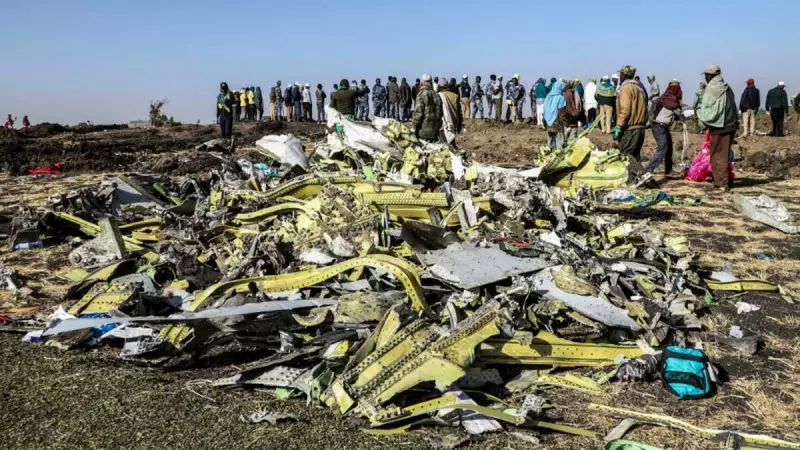
In a dramatic legal twist that has sent shockwaves through the aviation industry, a United States federal judge has officially dismissed all criminal charges against aerospace giant Boeing concerning the two catastrophic 737 Max 8 crashes that resulted in 346 fatalities.
The Landmark Ruling That Shook Aviation
The decision came from US District Judge Reed O'Connor in Texas, who ruled that Boeing had fulfilled its obligations under a 2021 settlement agreement with the US Department of Justice. This agreement had shielded the company from criminal prosecution over the tragic incidents involving Lion Air Flight 610 and Ethiopian Airlines Flight 302.
What This Means for Boeing and Aviation Safety
The dismissal represents a significant victory for Boeing, effectively closing one of the darkest chapters in the company's history. However, the ruling has sparked outrage among victims' families and aviation safety advocates who argue that justice has not been served.
Key aspects of the settlement agreement included:
- Boeing paying over $2.5 billion in penalties and compensation
- Implementation of comprehensive safety reforms
- Enhanced oversight and compliance measures
- Three-year probation period with regular reporting
Victims' Families React with Anger and Disappointment
Family members of those lost in the crashes have expressed profound disappointment with the ruling. Many had hoped to see Boeing executives held personally accountable for what they describe as corporate negligence that led to the preventable tragedies.
"This decision feels like a betrayal," said Paul Njoroge, who lost his wife, three children, and mother-in-law in the Ethiopian Airlines crash. "How can a company escape criminal responsibility for actions that cost hundreds of lives?"
The Technical Failures Behind the Tragedies
The 737 Max 8 crashes were primarily attributed to the Maneuvering Characteristics Augmentation System (MCAS), an automated flight control system that repeatedly pushed the aircraft's nose down based on faulty sensor readings. Investigations revealed that pilots were not adequately trained to handle MCAS malfunctions.
Global Impact on Aviation Regulation
The case has prompted worldwide scrutiny of aircraft certification processes and raised important questions about corporate accountability in the aviation sector. Regulatory bodies across the globe, including Nigeria's Civil Aviation Authority, have since implemented stricter oversight measures for new aircraft designs.
The aftermath of these tragedies has led to:
- Enhanced pilot training requirements worldwide
- Tighter aircraft certification procedures
- Increased transparency in manufacturer-disclosure practices
- Stronger whistleblower protections in the aviation industry
What's Next for Boeing and Aviation Safety?
While Boeing has cleared this legal hurdle, the company continues to face civil lawsuits from victims' families and ongoing scrutiny from aviation authorities. The aerospace manufacturer must now work to rebuild trust with airlines, regulators, and the flying public as it moves forward.
The case sets a significant precedent for how multinational corporations are held accountable for product safety failures, particularly in industries where human lives are directly at stake.






